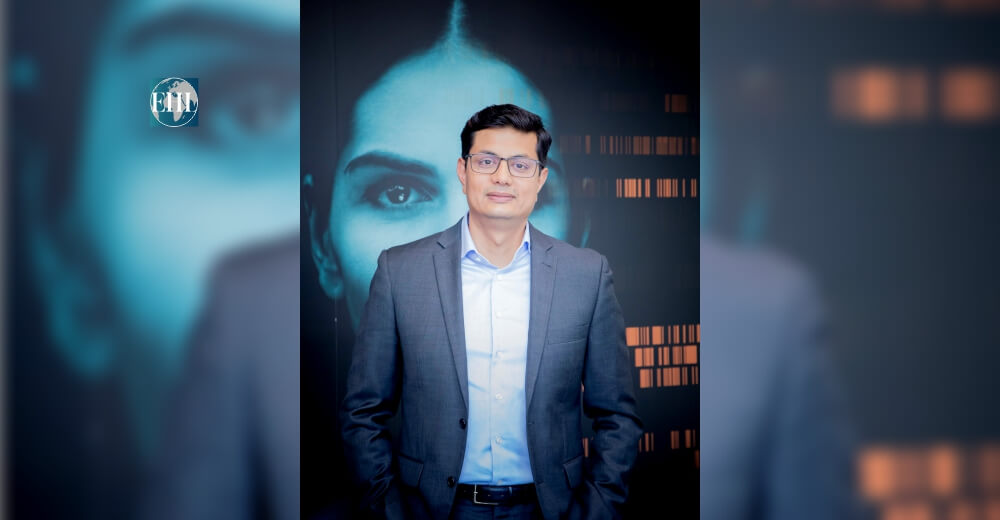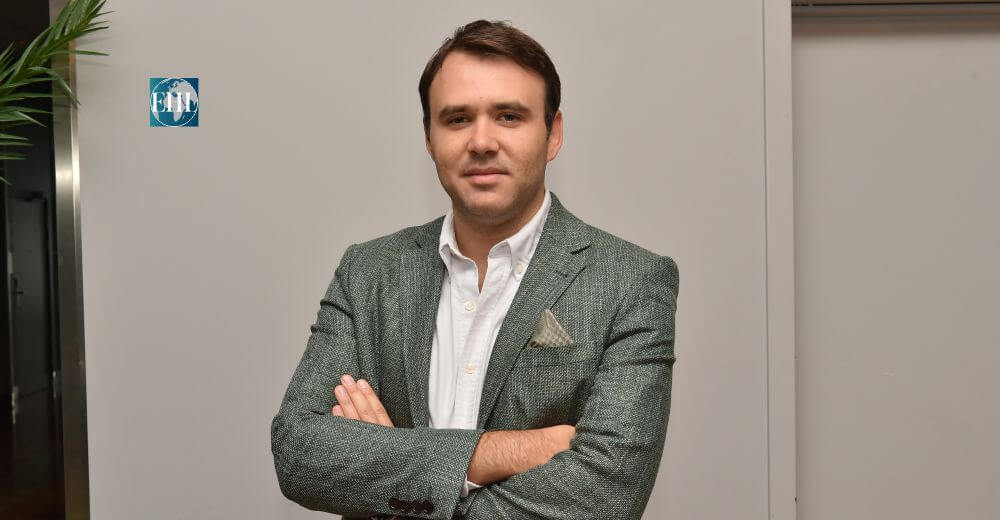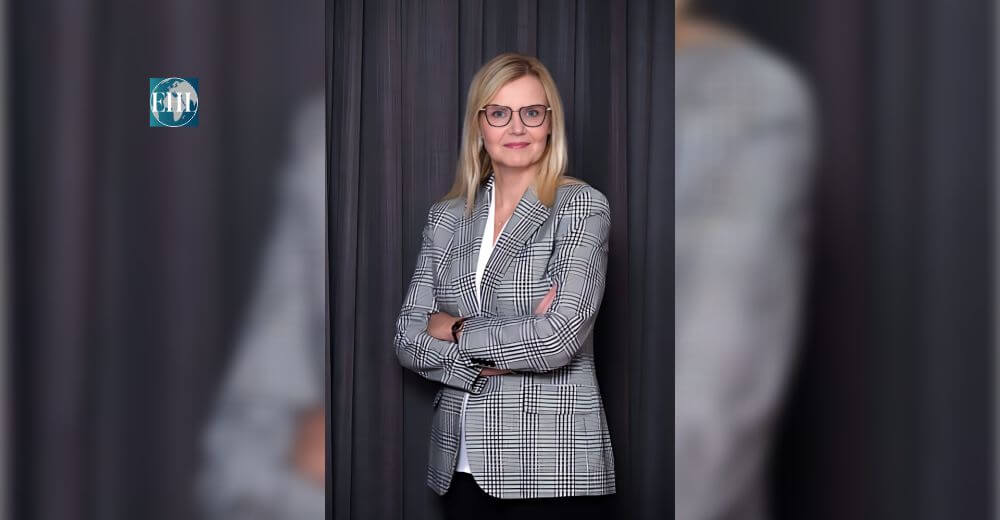The pharmaceutical industry suffers from a massive and continuous decline in productivity. Considering the resources used, there is little improvement in developing new cancer drugs, the likelihood of success for next generation cancer biotherapeutics is discouraging. Long development cycles and exploding costs are just two of a multitude of challenges.
Biotech companies are making efforts to improve the drug discovery and drug development process. However, lacking meaningful experimental data, the design principles of complex molecules and their modes of action are still far from being understood and the traditional and iterative R&D process takes far too long. Therefore, a radically new approach is needed for a breakthrough in cancer therapy.
BioCopy AG is the only player in the market that impresses with a truly innovative approach, combining proprietary screening technology for intracellular cancer targets with an automated and fully integrated R&D lab for antibody optimization. The company group, a Swiss-German biotech corporation active in the field of next generation cancer biotherapeutics is led by Matthias Wiedenfels. Having held top management positions as the CEO of STADA Arzneimittel AG, a multinational Generics and OTC pharma company, and as the Chairman of the Supervisory Board of Apontis Pharma AG, a leading stock-listed single-pill company, Matthias Wiedenfels has extensive experience spanning more than 20 years in pharma and biotech.
Leadership plays a decisive role in the complex domain of biotherapeutics. It requires multidisciplinary competencies such as strategic and visionary forward-thinking, a deep scientific understanding, commercial excellence, and a commitment to shareholder-friendly and patient-centric results. With a diploma and a PhD from the Universities of Freiburg and Heidelberg, Germany, and Montpellier, France, and management experience in England, Germany, Switzerland and the US, Matthias drives both, the innovation-driven scientific results and the accelerated commercial success of BioCopy.
Matthias Wiedenfels was hired by the chairman of BioCopy’s management board, Guenter Roth, BioCopy’s founder and the inventor of their pHLA-screening technology (“ValidaTe”). After Guenter and Matthias joined forces to focus the company’s strategy to next-generation drug development and to shape the future of cancer treatment, BioCopy increased its enterprise value by almost 50% in less than 6 months. Matthias’ financial prowess also resulted in securing investments of several millions of Swiss Francs.
Matthias also facilitated the integration of the former Perspix Biotech GmbH (today’s BioCopy Analytix GmbH), an automation platform company active in the development of multi-specific biologics. With the power of the automation platform (“roPROTix”), BioCopy makes an end to the traditional iterative development process in R&D, accelerates the drug engineering cycles by a factor of > 100 and increases the success rate of drug optimization by an order of magnitude.
Under Matthias’ leadership, BioCopy has brought excellent scientists and international top managers into the company, including Nobel prize laureate Hartmut Michel (Frankfurt, Germany), antibody engineering pioneer Joerg Birkenfeld (Basel, Switzerland), and Ivan Kugener, Head of Strategy and Portfolio Management of Merck Serono (Boston, USA).
These accomplishments underscore Matthias’ ability to steer the company towards both scientific excellence and operational success. Under his tenure, BioCopy will leave a remarkable footprint in the biotech landscape.
Let’s explore Matthias’ professional journey, gaining personal insights into the mind of a leader who is about to disrupt the future of biopharmaceutical drug discovery and development!
Matthias, could you share with our readers a bit about your personal journey from the traditional pharma industry in the biotech space and what inspired you to take the helm of BioCopy?
After a successful career in a multinational pharma company procuring mature products such as generics and OTC drugs, I felt like being at the far end of innovation. I always wanted to be part of the beginning of the pharmaceutical value chain, of drug discovery for truly innovative biotherapeutics. I firmly believe that we can cure cancer – just the way we are doing it takes too long and needs too many resources. The challenge was to find the right technologies, something which I could never have done alone.
When I met Guenter Roth, the founder of BioCopy for the first time, I immediately understood the uniqueness of his precision screening technology for intracellular targets. The technology has the potential to address one of the two biggest problems in next-gen drug development, the specificity. I am very grateful for the chance Guenter gave me to take part in something so big, and I joined BioCopy on their journey to cure cancer.
What sets BioCopy apart other than their screening technology, and how do you address the industrial developability problem in pharma R&D?
Clearly, what sets BioCopy apart is the unique combination of screening technology with automated and fully integrated experimental data.
From an immuno-biological perspective, in theory, the fight against cancer may look fairly simple: An immune cell must be activated and dock to the cancer cell. However, most cancer-targets are hidden within a cell and can, therefore, not be addressed by the immune system. An intracellular cancer target can only be addressed if a specific “marker” is presented on the surface. BioCopy’s screening technology ensures a reliable identification of the “marker” and the docking of the immune cell to the cancer cell. This precise and reliable detection of cancer cells – we call it “specificity” – is paramount and avoids impacting healthy tissue. Binding an immune cell to a healthy cell can lead to toxic and even life-threatening side effects so that ValidaTe is mandatory for the “docking” part.
With the specificity problem solved, we only needed to find a way to break through the complex challenges of the developability of next-gen biologics. Next-gen cancer biotherapeutics are notoriously difficult to make because there is no meaningful data regarding the design principles and modes of action available for complex molecules. What we needed was a “data generator”, live, fully integrated, and in a closed-loop feedback system. And we have found a way to generate that data: I reached out to Joerg Birkenfeld, the mastermind behind the roPROTix engineering platform for multispecific antibodies. We decided to join forces and combine those two elements, precision screening with lab automation. The sweet spot about roPROTix is the end-to-end automation, leveraging exclusive experimental data “closed-loop” in a fully integrated, integer, uninterrupted, and unbiased way, entirely unimpaired by third-party data or manual intervention.
The combination of the power of roPROTix, the automated antibody optimization platform with ValidaTe, the superior patented screening technology, allows us to generate and process data of unprecedented quantity and quality and to outperform virtually every other market participant. Our drugs will be manufacturable at industrial scale, stable, easily applicable to patients, and storable in large quantities. On top of it, we leverage our knowhow with Artificial Intelligence and Machine Learning, propelling and safeguarding our technological advance. With high-throughput screening, proprietary data generation, and fully automated AI-driven drug development processes at industrial scale, BioCopy addresses the specific challenges of complex antibody-based immuno-oncology therapies like no one else.
This sounds like a paradigm shift in drug discovery and drug development. What are the success factors in implementing your approach?
BioCopy is indeed committed to catalyze a paradigm shift in the development of cutting-edge next-generation drug candidates. Again, this endeavor is mostly driven by the exclusive utilization of the company’s patented ValidaTe technology and the roPROTix optimization platform, integrating AI and machine learning algorithms that holistically empower complex drug designs. The multi-dimensional challenges in biotherapeutic drug development are just the perfect use case for our AI strategy.
Central to this mission is the unwavering commitment to enhancing efficiency in drug development while prioritizing the utmost safety for patients. Obviously, the excellence and commitment of our employees and advisors plays another vital role. Without the commercial and scientific excellence and the personal integrity of our people, we could not excel in this market.
Speaking about employees, how would you describe your leadership approach?
Mostly by setting standards, implementing structures and by “leading by example”. We have all committed to “Effectiveness and Safety for Patients”, “Accelerated Development for Rapid Marketability” and “Ensuring Future Viability with Artificial Intelligence”. Every workstream in the company must contribute to those principles. A clear guidance and communication towards these overall goals is mandatory.
Other than that, I employ the successful management techniques I could build during my tenure in previous management positions: Approachability, teamwork, and the ignition of a sense of purpose in every team member. We are just about to change our company culture from a mostly hierarchical structure to a true co-operation arena with a collaboration model that is entirely focused on value creation. At BioCopy, mastery is more important than rank, title or seniority. Our purpose pyramid is very visible, in the heads and hearts of our people and on the blackboard in the coffee kitchen.
A CEO’s most valuable exercise is enabling people to give the best they have, providing the equipment they need to excel, and guaranteeing that their know-how is shared and passed on. In the long run, our employees will be able to do it without me.
What is your vision for BioCopy and how does the financial outlook relate to BioCopy’s scientific ambitions?
Overall, we facilitate the development of novel biomolecular drug candidates with optimized success rates within months, compared to the current standard methodologies that take years with rather low success rates. In the short term, we have initiated five cancer programs, three for solid tumors such as, e.g., bladder, ovarian and lung cancer and two for leukemia (AML). We believe all five programs to be IND-ready within the next three to four years.
One of our main mid-term objectives is to close the data gap in pharma R&D. The end-to-end solution effectively combines digital design and robotic lab experimentation to produce up to 25,000 in silico-designed drug variants. All variants are tested in an automated lab and in a parallel approach for all parameters simultaneously. Instead of improving a single candidate iteratively and manually, parameter after parameter, we select the best possible candidates based on development-critical requirements. This allows us to generate multi-dimensional data sets which we feed into our AI engine, creating even better drug candidates – just like a perpetuum mobile. The reduction in development costs and time is so significant that it is almost unbelievable. That’s also why we consider the commercial outlook for our company to be very promising: On the licensing market, today, cancer drug candidates are worth around 300 million EUR each. Well, you do the math for five programs – plus the added value that we provide optimized next-gen biotherapeutics rather than “traditional” drug candidates. We are talking about a portfolio value of billions rather than millions.
As we will also generate a deep understanding of the design principles for next-gen biologics, we will further increase our efficiency. With the capability to pre-screen millions of drug variants in silico and design them de novo, our technology will become the new benchmark for biopharma R&D. And BioCopy has the potential to become the first AI-driven multi-specific drug-design company in the world.
Our overall vision is very tangible: Our platform is entirely format- and disease-agnostic. Yes, we start with cancer and the particularly hard-to-address intracellular targets. However, in the future, we can optimize all kinds of complex molecules and address multiple diseases. As an example, we have great aspirations for helping patients with immunological and neurological disorders too.
What message would you like to convey to our readers, especially those hoping for a breakthrough in cancer treatment?
My main message and the mission of BioCopy is that we can cure cancer. This means a lot to me; it not only describes our technical abilities but also my very personal commitment to patients in need, not just hope. And we invite others to join us on this journey.









